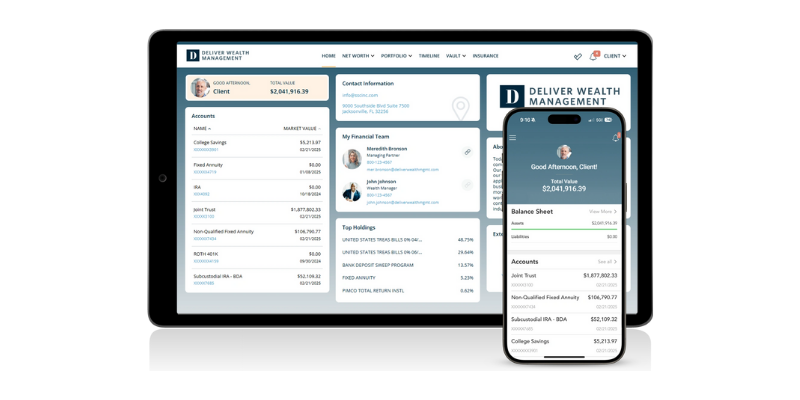Many children work before they reach age 18–mowing lawns, waiting tables, lifeguarding at the local pool. The life skills they learn are as valuable as the income they earn. With a custodial IRA, you may be able to help teach them an even more important lesson: investing in their future.
Financial institutions will require that a parent act as a custodian on the account, but If your child earns income, they are eligible to contribute to an IRA so long as they claim the income on their taxes. Even if the child doesn’t contribute the money themselves, parents or grandparents can fund the IRA on their behalf. Let’s look at some of the rules involved.
Typical rules for IRAs
In order to be eligible to open a custodial IRA, the child must meet the same requirements as an adult. The minor must have reportable earned income. Contributions are limited to the lesser of total earned income for the year or the current maximum contribution limit. ($6,000 for 2019) Additionally, adjusted gross income (AGI) for the child must be below certain income limits. Phase-out starts at $122,000; ineligible at $137,000 (2019) If a parent or grandparent is making a contribution on behalf of a minor, gifting rules would apply, but as long as the annual exclusion limit ($15,000 per recipient, 2019) is not exceeded, the contribution would not be a taxable event. Consult your tax advisor if you have questions on eligibility.
Types of IRAs for kids
There are two different types of IRAs that are suitable for children: traditional and Roth. The primary difference between traditional and Roth IRAs is when you pay taxes on the money that you contribute to the plan. With a traditional IRA, you pay taxes when you withdraw the money during retirement (at your then-applicable tax rate). All the funds, both your contributions and any earnings they’ve accrued, are considered pre-tax in a traditional IRA. With a Roth IRA, you pay taxes when you put the money into the account, so the funds – the contributions and their earnings – are considered after-tax money
Because many kids don’t earn enough money to benefit from the up-front tax deduction associated with traditional IRAs, it makes sense in most cases to focus on Roth IRAs. In general, the Roth IRA is the IRA of choice for minors who have limited income and who, therefore, would not benefit from a deductible, traditional IRA.
There are tremendous benefits of establishing a Custodial IRA
Opening an IRA for your child provides him or her not only a head start on saving for retirement, but also valuable financial lessons. Even a small IRA can provide a platform to teach your child about taxes, retirement, compounding and the relationship between earning, saving and spending. Any time you work one-on-one with your child to teach them about money, investing and saving is time well spent.
If you would like to discuss how a custodial IRA might benefit the child you love, give our team a call at (904) 223-0510.




